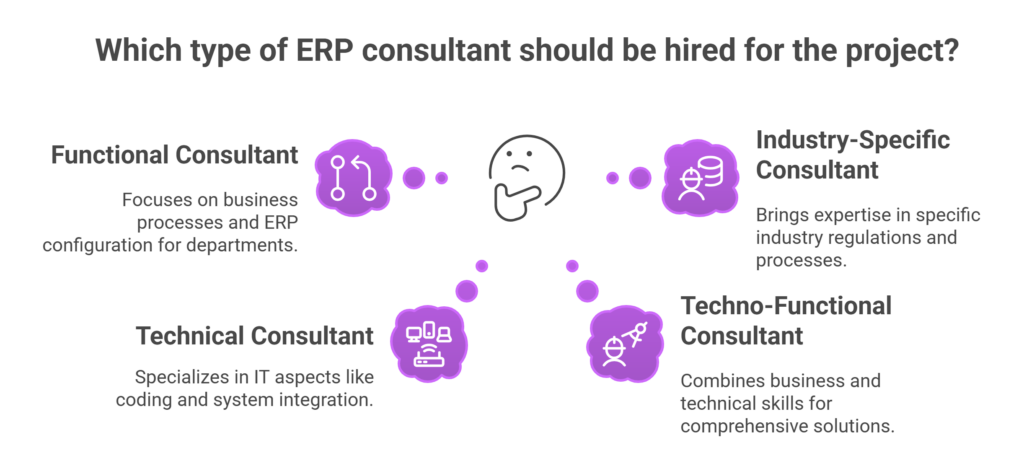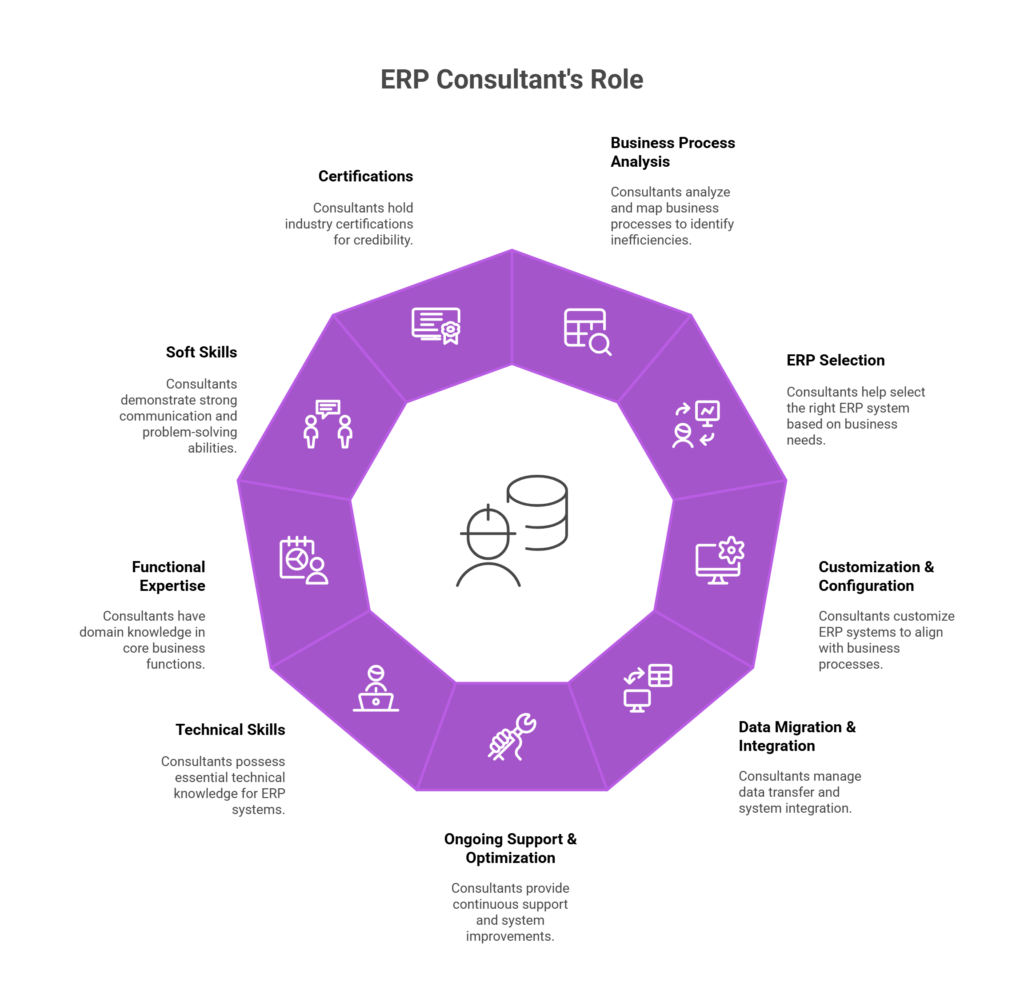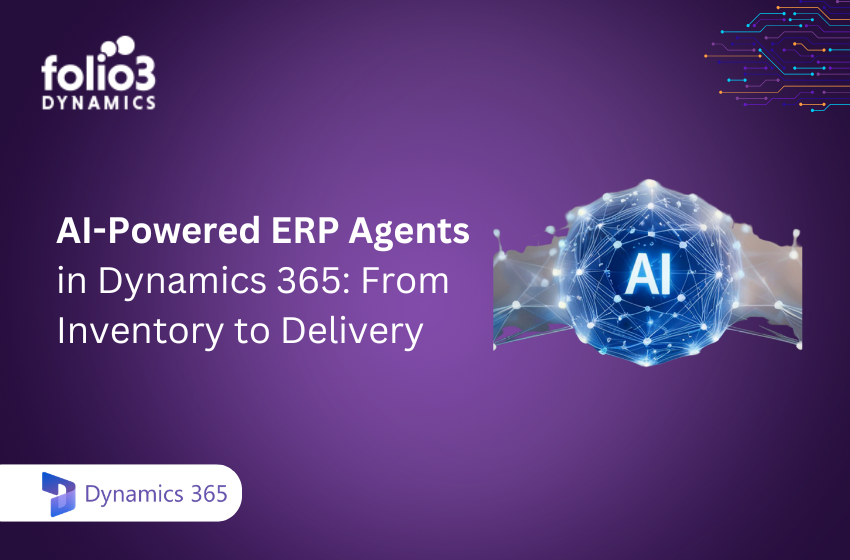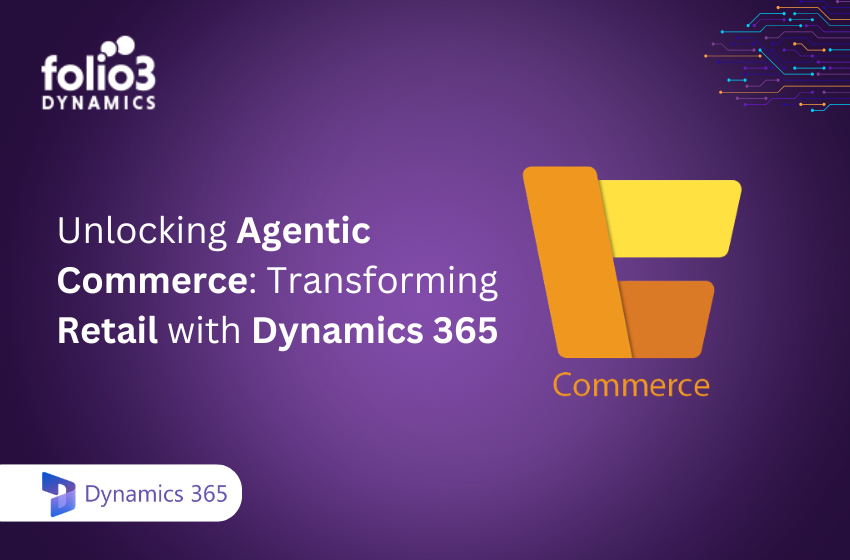Modern businesses rely on robust Enterprise Resource Planning (ERP) systems to unify processes across finance, HR, supply chain, and more. An ERP consultant, sometimes called an ERP software consultant or ERP specialist, helps companies select and implement these complex systems so they deliver on their promise of efficiency and growth. ERP projects are notoriously challenging with industry surveys reporting 55–75% fail to meet objectives, so having an expert on your side is critical. An ERP consultant acts as a strategic partner, guiding the business through planning, vendor selection, configuration, training, and support. In effect, they serve as the bridge between technology and your business processes, ensuring the new ERP system truly fits your needs.
This blog highlights how ERP consultants help organizations consolidate operations by aligning ERP software with business processes and enable them to generate more revenue.
What Is an ERP Consultant?
An ERP consultant is contracted to examine the requirements of a company and ensure that the ERP system is able to meet business requirements. Practically, ERP consultant takes companies through all stages of ERP implementation starting with the selection of appropriate vendor up to the process of configuring and training users.
ERP consultants tend to have numerous hats: they perform business process analysis, suggest software systems, develop features, manage data migration, train the employees, and offer technical support. The role, in essence, is to make the ERP solution to bring the real business value, irrespective of the title. Through this, the ERP consultants are the interpreters between your team and the technology and ensure that the ERP you implement acts in ways that align with the business processes and provide the desired business outcomes.
Why Businesses Need an ERP Consultant
Implementing an ERP is a major undertaking and having an experienced consultant can make the difference between success and failure. Here’s why businesses benefit from hiring an ERP expert:
Avoid Costly Mistakes
With so many moving parts (data, customization, integrations), ERP projects can easily run into trouble. Gartner reports that about 55–75% of ERP projects fail to meet objectives. Consultants bring lessons learned from many implementations, helping you sidestep common pitfalls. For instance, a consultant will insist on thorough planning and realistic scope before jumping into technical work.
Maximize ROI
ERP systems are expensive, so businesses want a good return on investment. Consultants focus on delivering measurable value from day one. They help set clear goals (e.g. reducing inventory costs, speeding up reporting) and track those metrics. Studies indicate companies get strong ROI from ERP: for example, firms report an average ROI of 52% from their ERP projects. Consultants drive this ROI by ensuring the system is configured right and adoption is high.
Increase Efficiency and Productivity
By aligning the ERP to your processes, consultants can streamline workflows. For example, they eliminate redundant data entry and automate manual tasks. One industry article notes that hiring a consultant often leads to “improved efficiency and productivity,” optimizing workflows and impacting key performance metrics. Employees then spend less time on routine tasks and more on value-added work.
Smooth Adoption & Change Management
Technology alone doesn’t change a business, people do. Consultants manage the human side by communicating with stakeholders and training users effectively. This cultural alignment is crucial for employee buy-in.
Compliance and Scalability
As regulations evolve, an ERP must adapt. Consultants ensure your system’s settings comply with financial regulations, data privacy laws, or industry-specific standards. They also plan for growth: implementing scalable solutions that can handle more users, data, or additional business units down the road.
Types of ERP Consultants
ERP consultants have different types, each focusing on different aspects of an implementation:
Functional ERP Consultant
Focuses on business processes and how the ERP should work for each department. For example, a finance functional consultant knows accounting and configures the ERP’s finance module, while a supply chain functional consultant handles inventory and procurement workflows. They lead process mapping, gather requirements, and configure the ERP’s built‑in settings to match how the business operates.
Technical ERP Consultant
Specializes in the IT side of the system. These consultants write code, develop integrations, and manage system architecture. They handle tasks like data migration (moving old data into the new ERP) and integrating the ERP with other software (e.g. e-commerce platforms or reporting tools). An ERP integration consultant ensures all systems connect and data flows smoothly.
Techno-Functional ERP Consultant
A hybrid role combining both above skillsets. Techno-functional consultants understand business needs and have technical chops. They can configure modules and also build customizations or run integrations. In smaller projects or specialized industries, one consultant may fill this combined role.
Industry-Specific ERP Consultant
Brings deep knowledge of a particular sector (like manufacturing, healthcare, or retail) to the project. They understand the unique regulations and processes of that industry and can tailor the ERP accordingly. For example, a manufacturing ERP consultant will be familiar with production planning and quality control requirements, while a retail ERP consultant knows point-of-sale and inventory issues.
Key Roles & Responsibilities of an ERP Consultant
ERP consultants guide projects from start to finish. Their main duties typically include:
Business Process Analysis & Mapping
Consultants begin by auditing your current systems and workflows to identify inefficiencies. They interview stakeholders, document processes, and conduct comprehensive needs assessments to identify gaps. This step ensures the ERP will solve real problems, not just add a new tool.
ERP Selection & Vendor Evaluation
Using their market knowledge, consultants help you choose the right software. They evaluate different ERP vendors, manage software demos, and make sure you pick a system that fits your requirements. As one guide notes, consultants use a structured methodology to match your needs to the right ERP, saving you research time and preventing costly mistakes.
Customization & Configuration
Once a product is chosen, the ERP consultant configures and customizes it. They adjust settings (like account structures or approval workflows) to align with your mapped processes. If the business needs go beyond standard features, they write custom code or develop add-ons. This ensures the system works “out of the box” for your use case.
Data Migration & System Integration
Most ERP projects may involve transfer of data from the old systems to the new system. The consultants will manage data cleaning (removal of duplicates, errors correction), mapping of the old data to the new one, and the data migration itself. They also create integrations to join the ERP to other tools (CRM, e-commerce sites, reporting databases, and so on). It is important to have proper integration otherwise the teams may encounter silos and might not be able to make informed decisions on time.
Ongoing Support & Optimization
After go-live, consultants don’t just disappear. They provide post-implementation support, troubleshooting issues, fixing bugs, and applying updates. They also help you fine-tune the ERP over time: adding new reports, automating additional workflows, and planning upgrades. This continuous improvement approach ensures the ERP keeps delivering returns well into the future.
Essential Skills to Look for in ERP Consultant
Top ERP consultants blend technical know-how with business expertise and people skills. Important skills include:
Technical Skills
Familiarity with databases (SQL), programming or scripting, and APIs is crucial. Consultants must know how to work with the specific ERP software (e.g. SAP, Oracle, Microsoft Dynamics 365, NetSuite, Odoo, etc.) They should understand system architecture (on-premises vs cloud) and be comfortable with data migration tools and integration platforms. Certification in a major ERP system is often expected, proving they understand best practices.
Functional / Domain Expertise
Effective consultants understand core business functions. They need knowledge in finance and accounting, supply chain and inventory management, HR/payroll, or whatever areas they cover. For example, an ERP consultant working on a retail project should know how POS and inventory systems operate. This domain knowledge helps them configure the ERP correctly.
Soft Skills
Communication is key. ERP consultants must explain complex concepts in simple terms, write clear documentation, and manage diverse stakeholders. Strong project management ability (planning, scheduling, resource allocation) keeps the project on time. Problem-solving and analytical skills allow them to diagnose issues quickly. Adaptability and a client-centric mindset are also important; they must tailor their approach to each organization’s culture and needs.
Certifications & Credentials
Industry certifications signal credibility. Employers often prefer consultants certified in the relevant ERP platform. For example, a consultant might be a certified Microsoft Dynamics 365 or Oracle NetSuite expert. These certifications typically granted by the software vendor after training ensure the consultant is up-to-date on the system’s capabilities and configuration standards.
When Should You Hire an ERP Consultant?
How do you know when it’s time to bring in an ERP expert? Common indicators include:
Rapid Growth or New Complexity
If your business is scaling quickly (more users, products or locations) or diversifying (adding new business models), your legacy systems may not keep up. Consultants help plan and implement an ERP that can handle the expansion.
Disconnected Systems
When data lives in silos (separate spreadsheets, standalone applications), you’ll face inefficiency and errors. As one guide notes, companies with “disjointed software” and inefficient workflows need external expertise to unify operations. An ERP consultant can integrate or replace disparate systems so information flows freely.
Planning an ERP Migration or Upgrade
Moving from an old ERP to a new one (or from on-premise to cloud) is risky. Signs you need help include frequent outages, poor performance, or the vendor ending support for your version. Consultants specialize in smooth migrations, ensuring data integrity and continuity.
Low ERP Adoption
Perhaps you already have an ERP in place, but employees avoid it or complain. Signs like user frustration, missing data, or continued use of workarounds mean the system isn’t set up right or users weren’t trained. A consultant can troubleshoot adoption issues through additional training, process changes, or system tweaks.
Complex Regulatory or Multi-Entity Needs
If you operate in heavily regulated environments (finance, healthcare, government) or across multiple countries/divisions, compliance and consolidation become challenges. Consultants with specialized knowledge can configure the ERP to meet all regulatory requirements and unify reporting.
Lack of In-House Expertise
Simply put, if your IT team has never implemented an ERP of this scale, it’s wise to get help. It is advised to hire consultants when you lack internal expertise needed for complex ERP tasks. Consultants hit the ground running, bringing both technical skills and implementation experience.
Real-World Examples of ERP Consulting Impact
The value of ERP consulting shows up in real business results. For example:
E-commerce Inventory Gains
A mid-sized online retailer struggled with frequent stock errors and slow order fulfillment. After hiring ERP consultants to implement a cloud ERP, they cut inventory errors by 50% and automated financial tracking. This led to a 30% increase in customer satisfaction thanks to faster, more accurate order processing.
Logistics and Multi-Channel Sales
A specialized shipping and logistics provider replaced spreadsheets and disjointed tools with an integrated ERP system. Post-implementation, they could ship tens of thousands of orders per day without delays or inventory errors, scaling effortlessly across three warehouses. With real-time data and automated processes, they eliminated costly manual errors and supported rapid growth.
Manufacturing Efficiency
In another case, a manufacturing firm leveraged an ERP consultant to optimize its production and inventory system. The consultant redesigned the workflow and implemented better inventory controls, leading to roughly a 30% reduction in inventory write-offs and errors. This improvement alone saved the company hundreds of thousands annually.
How to Evaluate an ERP Consultant’s Past Work
Picking an ERP consultant isn’t just about who looks best on paper. What really matters is the impact they’ve had in real situations. Here are a few ways you can separate the seasoned professionals from the rest:
- Dig into real project examples: Ask them to walk you through a project: what the client’s goals were, the challenges they faced, and what changed after go-live. The more specific they are, the easier it is to judge credibility.
- Call their past clients: References often reveal what reports can’t. You’ll quickly learn whether the consultant kept communication clear, stayed flexible under pressure, and delivered on time.
- Check the numbers: Metrics like ROI, delivery timelines, or budget control matter. But don’t overlook softer wins, such as smoother team adoption or better collaboration across departments.
- Look for signs of lasting value: Did they leave behind playbooks, documentation, or training that the client’s team still relies on? That’s a clear indicator of sustainable consulting.
- Ask about tough moments: ERP projects rarely go perfectly. Find out how they handled scope creep or unexpected system issues. Their response will tell you more than a polished case study.
- See if they keep learning: The best consultants don’t rely on outdated methods. They invest in staying current, bringing new practices and insights to every project.
Conclusion
ERP consultants play a critical role in bridging the gap between complex ERP technology and real business needs. By leveraging their expertise, companies can avoid costly mistakes, maximize ROI, and achieve smoother user adoption. When choosing a consultant, focus on industry experience, relevant ERP platform skills, and cultural fit to ensure a strong partnership.
Whether you’re implementing a new system or upgrading an old one, the right consultant can guide you to success. If you plan to use Microsoft Dynamics 365, partnering with a specialist is essential. At Folio3 Dynamics, our certified Dynamics 365 experts are ready to help businesses like yours plan, implement, and optimize your ERP solution. Contact Folio3 today to ensure your ERP project is a success and start realizing the full potential of Dynamics 365.
FAQs
What are typical rates (hourly / project-based) for an ERP consultant?
ERP consultant rates usually range from $150–$175/hour for experienced professionals, though costs depend on scope, ERP system, and region. Always ask for a clear, detailed breakdown of what’s included.
How do ERP consultants deliver value beyond just configuring software?
They optimize business processes, handle vendor/software selection, ensure smooth data migration, and drive user adoption through training and change management, maximizing ERP ROI.
What questions should companies ask prospective ERP consultants?
Ask about relevant industry experience, pricing transparency, implementation roadmap, post-go-live support, and their approach to change management to ensure long-term success.
What is the ROI companies can expect from using an ERP consultant?
ERP consultants reduce errors, cut manual work, improve decision-making, and accelerate adoption, helping most companies see ROI in 1–2 years.
What is the risk if we don’t hire a qualified ERP consultant?
Without expert guidance, ERP projects often run over budget, face data issues, or suffer from low user adoption, leading to wasted investment and frustration.
How do we evaluate a consultant’s capability in integrations and data migration?
Check case studies, ask about test migrations, review their customization policy, and ensure they provide documentation for future upgrades and maintenance.




